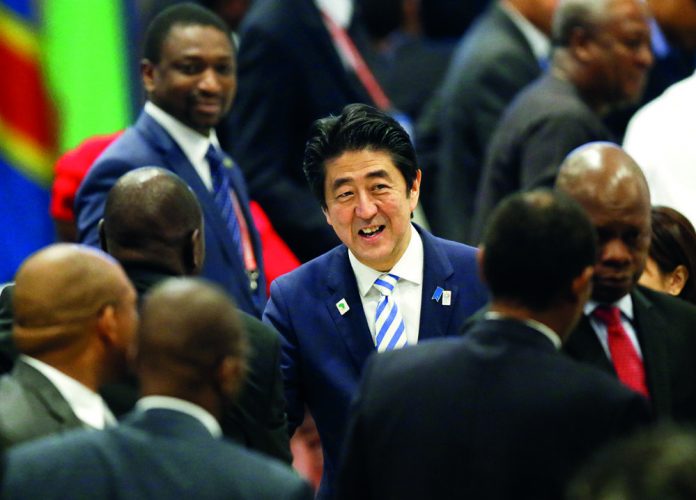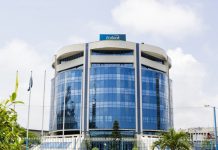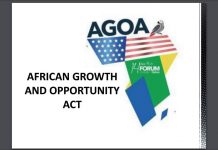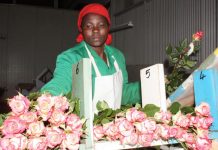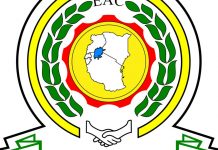Japan investment treaty
Pressured by its own private sector, Japan signed its first bilateral investment agreement with a sub-Saharan country, promoting investment to Mozambique. The accord provides for reciprocal liberalization, promotion and protection of investments. It will increase the flow of Japanese investment to Mozambique in infrastructure, agriculture, agri-processing and technology transfer. Seven large Japanese groups currently invest in Mozambique. They include Mitsui and Co., which has a stake in a block of the offshore Rovuma basin that may be home to the world’s largest natural gas deposits, and Japan’s largest steel company Nippon Steel and Sumitomo Metal Corp., which is developing the Revuboè coal project in Mozambique’s Tete province. Japan is a key stakeholder in Mozambique’s Prosavana project aimed at transforming under-used savannah in the Nacala Corridor in northern Mozambique into productive agricultural land through infrastructure and agriculture investments. The Japanese International Cooperation Agency is also involved in the rehabilitation of Nacala port and the upgrade of transport systems stretching west to landlocked Malawi.
Uganda tax hikes
Uganda plans to impose a 10-percent tax on cash transfers by mobile phones and other money transfer operators to help plug a $214-million hole in the annual budget after donors cut aid over accusations of corruption. International remittances from Ugandans living abroad, put at $767 million last year, are also affected. An additional $16.5 million will be raised from a levy on incoming international phone calls According to Uganda’s Daily Monitor newspaper, the new mobile money transfer tax could affect the 8.9 million customers using six mobile phone networks in Uganda. The government hopes to raise $12 million annually from the tax, it reports.
Angola stock exchange
Angola, Africa’s second-biggest oil producer, postponed the start of its stock exchange to 2016, with a futures and commodities market to begin a year later, Bloomberg reports. Archer Mangueira, chairman of Angola’s Capital Markets Commission, initially said stock trading would begin operations in 2015. He said Angola expects its bourse to have a market value of 10 percent of gross domestic product within 18 months of its start up. Angola also delayed the start of its secondary market for bonds to the first quarter of 2014. The publicly traded market for Angolan notes had been planned to start by the end of September. The market will use electronic trading and will add to Treasury bills already bought and sold among financial institutions and help to develop a yield curve. The Capital Markets Commission signed an agreement with the London Stock Exchange to train Commission staff in negotiation and post-negotiation systems.
JP Morgan Chase in Kenya
The Central Bank of Kenya approved the application of JP Morgan Chase, the largest U.S. bank by asset size, to open a representative office in Kenya, boosting Nairobi’s bid to become East Africa’s financial services hub. JP Morgan Chase joins a growing list of large international banks, including British-based HSBC, India’s HDFC, Bank of China and South Africa’s Nedbank and First Rand Bank, that have set up office in Kenya seeking to profit from big-ticket infrastructure and oil transaction deals being undertaken in the region. Representative offices may sign financing deals for their parent company, but are not allowed to collect deposits from the public. They must also file their performances in Kenya with the central bank, just like other local lenders. Tracking what and how much in monetary terms the representative offices were doing in Kenya had been difficult.
Massai solar technicians
Maasai youth in Kenya’s southern region are embracing solar entrepreneurship to supplement their traditional income from cattle herding. Solar for Sub-Saharan Africa Communities and Schools (S3C), a Netherlands-based nonprofit, is training young Massai, mostly men, as salesmen and distributors of lights, and as technicians capable of installing panels and carrying out repair and maintenance work. Those who successfully complete a 10-day training course can then find work installing solar panels on schools, with funding from S3C, and selling portable solar lanterns (known as Waka Waka) to homes. The lamps, which cost 2,000 shillings (US$23) each, are about the size of a pocket radio, weigh less than 300 grams and can provide light for up to eight hours before needing to be recharged. Since the start of 2013, 70 or so trainees have sold more than 200 lanterns, and eight primary schools have been fitted with solar lighting funded by the organization.
Coffee processing
Nestlé’s Cameroon subsidiary will begin construction in August of the country’s first coffee processing plant to supply what is expected to be a growing regional market as rising incomes and populations, coupled with improved marketing campaigns, boost coffee consumption. Nestle Cameroun S.A. will invest US$40.2 million to build the factory, which will have the capacity to grind 20,000 metric tons of beans, more than half of Cameroon’s total production even in a good crop year. The processed coffee initially will be marketed domestically, with plans to extend sales to the rest of the region. All of Cameroon’s coffee output is currently exported for processing, mainly in Europe.


